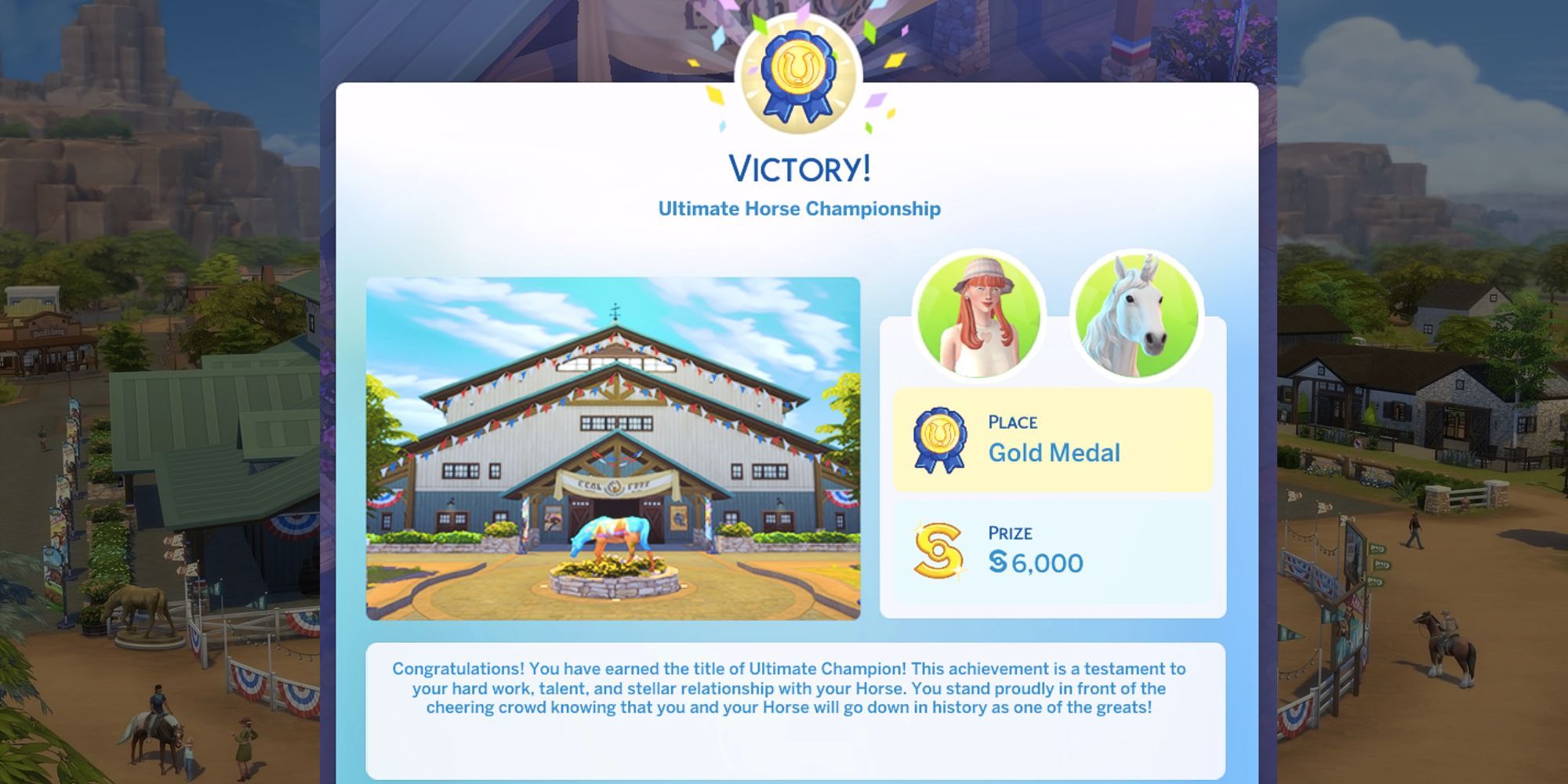How to Win Competitions: A Comprehensive Guide

Competitions can vary widely, from local contests to international challenges, and winning them often requires a blend of strategy, preparation, and a bit of luck. Did you know that according to recent statistics, about 70% of participants in competitions never take the time to strategize their approach? This reveals a significant opportunity for those willing to prepare thoroughly. In this article, we will delve into effective strategies to enhance your chances of success in competitions. By the end, you will understand the essential steps to take, how to prepare mentally and physically, and leverage resources to your advantage.
Here’s what you’ll learn from this article:
- The importance of understanding the competition.
- How to develop a winning mindset.
- Strategies for preparation and practice.
- Utilizing resources and networking.
- Real-life examples of successful competitors.
Let’s transition into the core strategies for succeeding in competitions!
Understanding the Competition
Research the Competition
Knowing your competition is half the battle. Researching previous winners, understanding the judging criteria, and analyzing the competition’s history can provide valuable insights. For example, many winners tend to follow certain patterns or strategies that can be replicated.
Define Your Goals
Before you dive into preparation, clearly define your objectives. Ask yourself: what exactly do you want to achieve by entering this competition? Is it recognition, a prize, or simply the experience? Setting specific goals can guide your preparation process.
Understanding the Audience
For many competitions, especially those judged by public votes, understanding what appeals to your audience is crucial. Consider conducting surveys or gathering feedback from previous participants to understand what resonates.
Developing a Winning Mindset
Positive Visualization
Visualization is a powerful tool used by athletes and successful individuals alike. Imagine yourself winning, receiving applause, or enjoying the moment of success. This technique not only boosts confidence but also prepares your mind for the eventuality of victory.
Overcoming Fear and Anxiety
Many competitors grapple with anxiety before contests. Techniques such as mindfulness and breathing exercises can help calm nerves. Remember, it’s normal to feel anxious; what matters is how you channel that energy into your performance.
Persistence and Resilience
Finally, fostering a mindset of persistence and resilience is key. Not every competition will end in victory, but each experience is an opportunity to learn and grow. Analyze your performance, identify areas for improvement, and don’t be afraid to try again.
Strategies for Preparation and Practice
Create a Study or Practice Schedule
Setting a consistent practice schedule allows you to dedicate time to skill development. Break down your preparation into manageable tasks and create a timeline leading up to the competition date.
Engage with Mentors and Coaches
Working with mentors or coaches who have experience in the type of competition you are entering can provide invaluable insights and tips. They can help identify your strengths and weaknesses, allowing you to enhance your preparation.
Practice Under Real Conditions
Simulating the competition environment can significantly improve your performance. Whether it’s a public speaking competition or a sports event, practice as if you were in front of the judges or audience.
Utilizing Resources and Networking
Participate in Workshops
Workshops related to your field can enhance your skills and provide networking opportunities. They often cover best practices and up-to-date trends that can give you an edge.
Online Resources and Courses
There’s a plethora of online resources available—from free courses to YouTube tutorials. These can supplement your training and may introduce new techniques that enhance your performance.
Networking with Other Competitors
Building relationships with other participants can open doors to collaboration and support. Sharing tips or even practicing together can help forge valuable connections within the community.
Real-Life Examples of Successful Competitors
Case Study: John Doe’s Winning Strategy
Consider the example of John Doe who won a national cooking competition. His success stemmed from meticulous research on previous winners, defining his unique selling point, and practicing relentlessly in a simulated contest environment.
Lessons from Top Athletes
Athletes like Serena Williams have often spoken about the importance of mental preparation. Their routines include both physical training and mental exercises, underlining the necessity of a holistic approach to preparation.
Conclusion
Winning competitions is not solely about talent; it’s an intricate dance of preparation, strategy, and mindset. By understanding the competition, developing a winning mindset, preparing systematically, and leveraging all available resources, you can significantly enhance your chances of success. Remember that every competition, win or lose, brings valuable lessons that contribute to your growth.
As you embark on your journey towards competition success, keep these strategies in mind, and don’t forget to enjoy the experience. With persistence and the right approach, winning is within your reach!
For further reading on strategies for success, check out this article and explore another useful resource.
